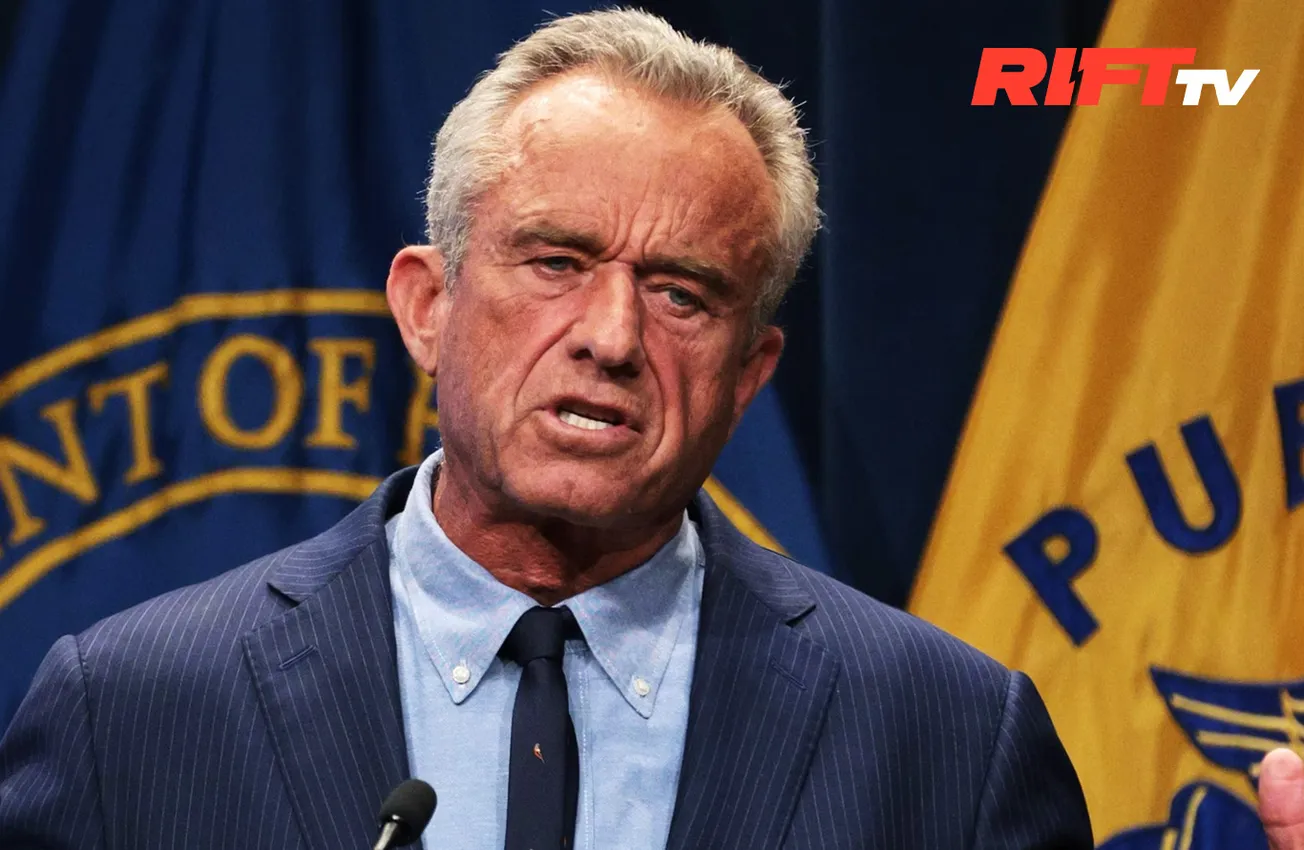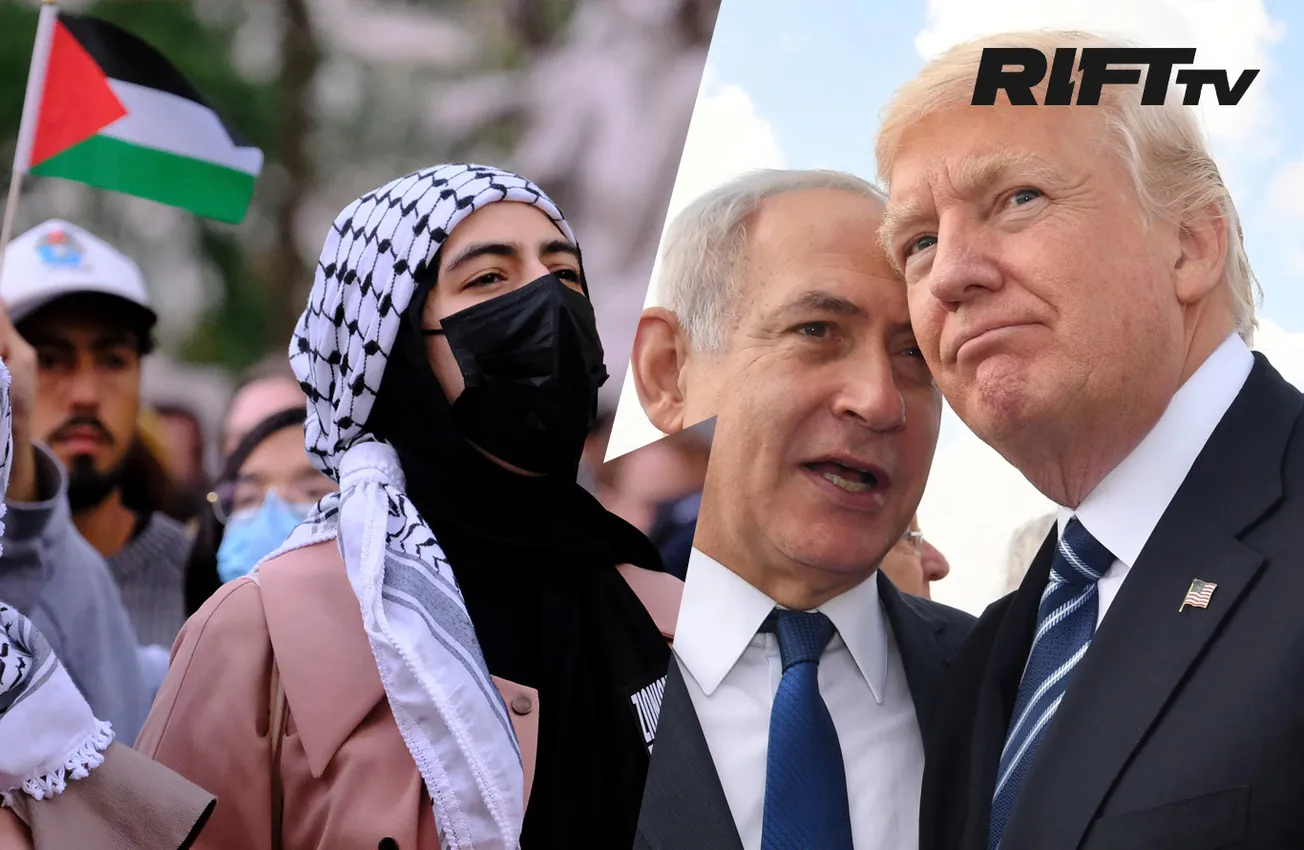In the wake of the sudden collapse of Bashar al-Assad's regime, Israel has launched a series of military operations within Syria, aiming to neutralize potential threats and prevent the prolife ration of advanced weaponry to hostile entities. These actions have intensified regional dynamics, particularly affecting Syria's Christian communities, who now face heightened uncertainties.
Following the downfall of Assad's government, Israel initiated over 350 airstrikes targeting key military installations across Syria. The objectives included anti-aircraft batteries, military airfields, and weapons production sites. Israeli officials stated that these operations aimed to destroy strategic weapons stockpiles to prevent them from falling into the hands of extremist groups such as al-Qaeda and the Islamic State.
In addition to aerial assaults, Israeli missile vessels targeted Syrian naval facilities, resulting in the reported destruction of approximately 70% of Syria's military capabilities and its entire naval fleet. Israel has also established a "sterile defense zone" in southern Syria to maintain border security, emphasizing that this measure does not involve a permanent troop presence.
The rapid political and military developments have placed Syria's Christian minorities in precarious positions. The advance of Islamist factions, including Hayat Tahrir al-Sham (HTS), has raised concerns about potential persecution. In Aleppo, for instance, jihadist rebels have taken control, prompting fears of targeted violence against Christians.
Pope Francis has called upon Syrian rebels to stabilize the country and govern inclusively, urging respect for all religious communities to foster national unity. Despite these appeals, reports indicate that Christians in regions like Aleppo are experiencing significant threats, with some communities facing the risk of extermination.
The international community has expressed varied responses to Israel's military actions. Iran's Supreme Leader, Ali Khamenei, has accused the United States and Israel of orchestrating Assad's overthrow, viewing it as a substantial setback for the anti-Israel alliance known as the "Axis of Resistance."
Within Israel, Prime Minister Benjamin Netanyahu has articulated a desire to establish relations with any forthcoming Syrian government. However, he has underscored that Israel will respond decisively to any threats emanating from Syrian territory.
Israel's recent military operations in Syria underscore the complex interplay of security concerns and regional stability. While Israel asserts that its actions are defensive, aimed at preventing advanced weaponry from reaching hostile groups, the ensuing instability has profound implications for Syria's diverse communities, particularly Christians. As the situation evolves, the international community faces the challenge of balancing security imperatives with the protection of vulnerable populations and the promotion of inclusive governance in post-conflict Syria.
Sources:
- Reuters: Israel says its air strikes destroyed most of Syria's strategic weapons stockpiles
- The New York Times: Israel Escalates Strikes in Syria Following Assad’s Collapse
- BBC News: Syria’s Christians Face Uncertainty Amid Israel’s Military Campaign
- The Guardian: Israel launches extensive airstrikes in Syria to secure northern border








